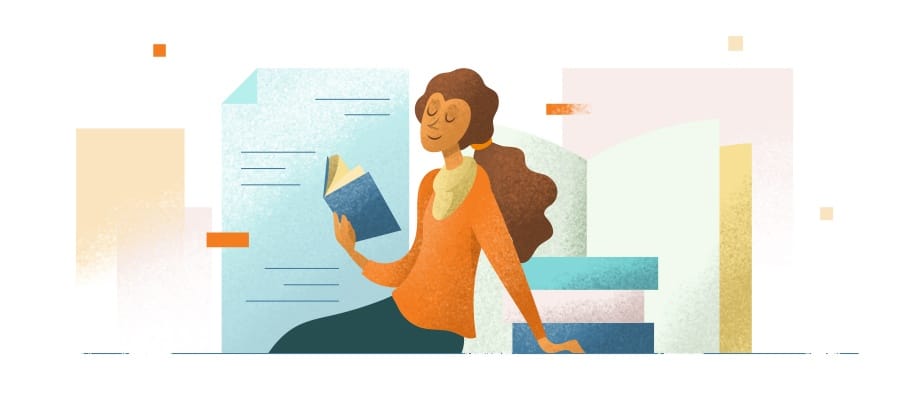3 Keys to Great Literary Translation from the Professional Translation Service in Dubai

Some might think that the process of literary translation begins by jumping into a document and interpreting the sentences line-by-line.
Those who are skilled translators know better. They realize that professional translations take a much more holistic approach.
In addition to providing experienced and well-crafted translation of advertising, business documents, and technical writing, 7G Media – leading digital marketing agency in Dubai also translates literature and poetry. One of their recent projects involved collecting and translating a wealth of writers from the UAE into different languages, making the literature of the country more widely available internationally. This government project is one of many that 7G does, giving the nation another reason to be proud of its artistic and literary heritage.
Here are three keys to a great literary translation.
1. Accuracy
When you’re translating every page, every phrase, every word of a novel or poem, you need to have the eyes of a highly skilled craftsman. Think of a boat builder who uses the wrong wood in the hull of his craft. After all, “translation” means to “carry across.” If a boat builder uses the wrong materials, in the best of scenarios, the ship won’t sail as smoothly as it carries across the water. In the worst of situations, the thing might sink. In literature, sometimes it’s the details that make the story sail. Sometimes it’s the voice. Sometimes the characters are carried across by the tone they use in dialogue. Whether because of lack of finesse or carelessness, if a translator gets any of that wrong, at best the book might lose its fluency. At worst, readers might miss a key plot twist, and the story will sink.
Borrowing from the advice Daniel Mendelson his piece in The New York Times Bookends, accuracy is a key component of a good translation. Mendelsohn writes that “every text is a bafflement to its translator, because every language, like every writer, has characteristics that can’t be ‘carried’ across.”
That’s one of the reasons we adopt words from other languages. The French use the word chic to describe stylish elegance, but the phrase “stylish elegance” doesn’t quite ‘carry across’ what it means to be “chic.” So, English, along with other languages use the word “chic” in their vocabulary. It’s one of those untranslatable words.
Whether a translator uses “chic” or “stylish elegance,” what’s important is that she is accurate, that overall, what is translated in the new texts “carries across” with accuracy the details of the original.
2. Artistic value
Emphasizing the importance of accuracy might suggest that the translator is a technician, a mathematician, or a scientist. But as the translator builds that craft that will carry across the original text to its new language, it takes more than technical accuracy to do the job right.
There’s a saying in Italian, “traddutore, traditore.” Literally, that means, “translator, traitor.” But if we only take that literally, does the English capture the beauty of the original proverb? Is it even accurate to be literal? Does the proverb literally mean that all translators are traitors, that all translators betray the original text? If you speak Italian, you might hear the semantic beauty of traddutore, traditore. It sounds like music. The words next to each other carry symmetry and elegance. How can that be translated?
As you can see, it’s a tough job to put the art back into proverb if you have taken the words away from their roots in a culture, a land, a living place. That’s why the best translation service in Dubai considers translation an art and not purely technical trade. 7G Media works with translators who know the regional dialects, who strive not only for accuracy, but for artistic value.
3. Insight
In 2014, the British Council interviewed translator Fahmida Riaz and asked her: “What makes a good literary translation?” Riaz translated the Nobel Prize winning author Nagib Mahfouz’s Afrah Ul Qubba into English. She agrees with Daniel Mendelson that some words are untranslatable. In Urdu, she says there is a word, “sharmana,” which in some contexts can mean “blush,” as when a girl is approached by a boy and is “sharma gaiee.” But Fahmida Riaz knows that in Islamic culture, this is more than the English habit of “blushing.” So Riaz uses her cultural knowledge to create a beautiful, accurate and insightful translation.







